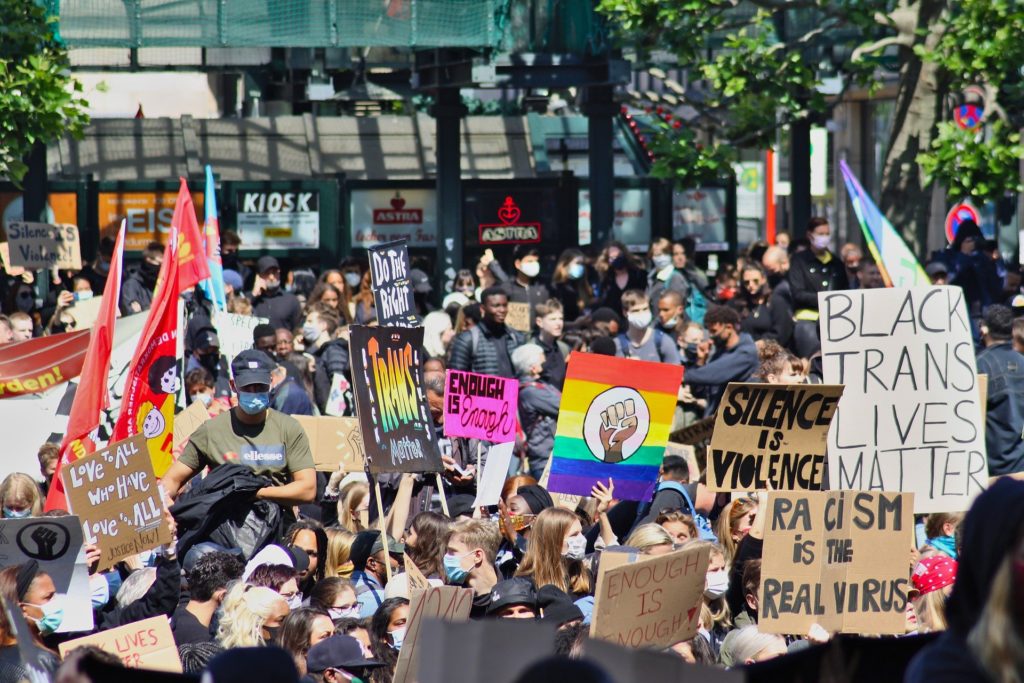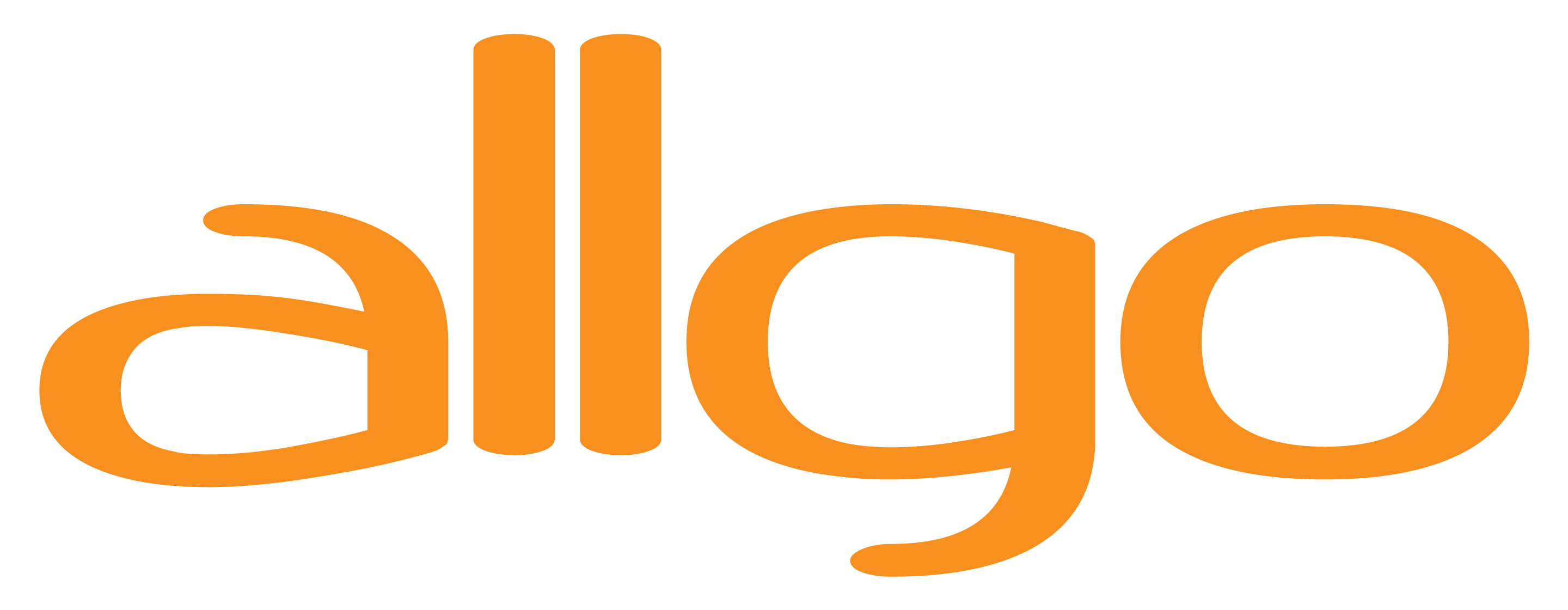And becoming an anti-racist, pro-Black queer badass

By Armando Sanchez
Thank you for showing up to this conversation on racism and anti-Blackness in the QTPOC community. The tea will be poured shortly, so get your mug ready. ☕
“I know you don’t think a white girl made that sh*t up”
Bring It On is a quintessential gay movie for me. It has cheerleading, quotable lines, and an openly gay side character. As a closeted gay teen in the early 2000s, I ate it up.
The movie depicts simplified representations of cultural appropriation and racial economic disparities. It shows the journey that the suburban white/non-Black cheerleaders go through when they are forced to realize and admit that their routines and success were built on material stolen from an inner-city Black/brown squad.
In some ways, Bring It On mirrors the state of the queer community. Before COVID-19, most gay clubs across the country were not the most welcoming spaces for Black gay, queer, and trans people. Meanwhile, inside the club, non-Black gay cis men danced to Black artists while performing Black dance moves and shouting “Yass, kween! Werk, sis! Slay, mama!” to their friends.
The reality is that the queer community’s routines and successes, cultural and political, are built on material created by Black queer and trans folx.
Why is this important to talk about? How is it relevant to me? How does this harm Black people? — These are all questions that we, non-Black queer people, should ask ourselves now and moving forward.
“She puts the ‘dis’ in dismantling racism”
We are born queer, and regardless of where we grew up, we are also raised racist. Sonya Renee Taylor is an author, activist, and a beautiful, fierce Black woman who shares insight on this issue. She regularly and graciously posts her thoughts on racism, white supremacy, and anti-Blackness on her social media outlets, so be sure to follow her.
In a video posted on CBS News’ YouTube channel in June 2020, she says the following:
“The most freeing thing that … any human being on the planet could do right now is to just say, ‘Of course, I’m racist.’ Is to just say, ‘Of course, I’m racist.’ If you grew up in a house that spoke French and you as a baby just started laying in your crib listening to people speak French, you wouldn’t have to do anything to start gaining a proficiency in the French language. You would just speak it ‘cause that’s what’s being spoken around you. Our society speaks racism. It has spoken racism since we were born. Of course, you are racist. The idea that somehow this blanket of ideas has fallen on everyone’s head except for yours is magical thinking, and it’s useless. Because what happens when I say, ‘Of course, I’m racist,’ what it does is it says ‘Oh, this is not a personal failing. This is not because I’m a bad person. This is not because I’m some evil, terrible being. This is because that is the structure of this society that I’ve been immersed in since the beginning of my life. And what I have the opportunity to do is to learn a new language, the same way someone who grows up speaking French can decide to learn a new language.’”
We are all proficient in the language of racism that our society speaks. We hear and internalize the racist and prejudiced messages that society disseminates about Black people. The exclusion of Black people, their life experience, and contributions to society are also a form of racism and anti-Blackness at play.
Black people’s lack of or limited representation in queer media is one example. Visual media like films and TV shows have the power to shape the way audiences see themselves and others. This omission harms Black queer and trans people because it sends a message that their life experience is not important enough to be told, or that their Blackness, queerness, and trans identity cannot exist as one.
Their omission is a disservice to non-Black audiences because it limits our ability to associate queerness, happiness, love, empathy, and respect to Black queer and trans people. It keeps us from seeing Black queer and trans folx as a potential friend, lover, neighbor, boss, business partner, political representative, and simply a person who deserves our love and respect.
It is the job of us non-Black queer, cisgender individuals to dismantle racism and undo the anti-Blackness that cultivates within us. When we don’t, we allow its continuation, and with it, the harm it imposes onto Black people on a daily basis.
“Will not being racist get you off my back?” “Not completely, but it’ll help.”
The racism and anti-Blackness that exists in the queer community is rooted in the same societal racism and anti-Blackness that imposes deadly systemic violence onto Black people, especially on Black trans women. To not be racist is the least anyone can do today. We must strive to be anti-racist and pro-Black.
We do this by exploring our choices in friends, lovers, neighborhoods, work and social spaces, media consumption… everything. We examine if our choices result in Black people’s
- exclusion
- limited, stereotypical inclusion
- inclusion that forces them to dilute themselves to make us feel more comfortable
Honesty with ourselves during this process is crucial. Whether we are aware of it or not, our choices are influenced by the racist and anti-Black society in which we live. Survey your life to see how racism and anti-Blackness play out. They may be a factor if
- your friend group pictures lack melanin
- your social media doesn’t include Black people, or includes them in a stereotypical way (artists, athletes, “hot” people, celebrities, etc.)
- the media you consume excludes Black people (if you failed to notice the lack of Black representation, or noticed, but don’t consider it a problem)
- your sexual “preferences” excludes Black people, or only includes them for specific and limited reasons
- the gay clubs and bars you go to have little to no Black people
- you slay, werk, yass, kween, spill the tea, shablam, click-clack, sashay, and read the house down boots, but don’t do your part to fight for justice for Black people, especially Black trans women
Help yourself and other non-Black queer people do this work by having open conversations about racism and anti-Blackness, no matter how uncomfortable they may feel. Black people’s lives are worth more than our comfort.
Here are five ways you can practice anti-racism and pro-Blackness in your daily life:
- Continually explore and expand your knowledge on race issues, white supremacy, the effects of local and global white colonization, aspects of the Black experience (not just the struggles), and efforts to bring about racial and social justice. *Resources at the end of this article
- When you hear something racist or problematic, invite the person to explain what they mean. It can be more productive to encourage people to think critically about their statements and attempt to verbalize their reasoning rather than immediately calling them or their statement racist.
- Encourage your favorite brands to be more inclusive in their advertising and social media representation.
- Dedicate time, donate money, use your platform(s), and cast your vote toward dismantling racism and to support efforts to care for those impacted by it. Spread awareness in spaces and systems where you have access (with family, friends, in government, at work, your profession, at school, sports league, etc.)
- Acknowledge that racism and anti-Blackness exist within us all, and yet, we can still do good in this world. Let go and move past shame and guilt. These two emotions tend to be roadblocks on our journey toward removing the very thing we are trying to eradicate.
DISCLAIMER: As you do this work, be advised that people in your life may not join you toward being anti-racist and pro-Black. Some feel comfortable in their racism. Some may not be ready to travel at your pace, or at all. Some may not want to make necessary changes because they don’t mind how things are now.
Whatever their reason, do not let it deter you from your journey to live as an anti-racist, pro-Black queer person. There are others out here and we would love to be in community with you.
Reflection questions
- How do I feel about being pro-Black in an anti-Black society? What challenges can I anticipate within myself and my upbringing as I make this shift? What challenges can I anticipate outside of me?
- In what areas of my life can I speak up for, step aside and make room for, or amplify the inclusion of Black people and their stories?
- What will I lose, or perceive to lose, if I were to live as an anti-racist and pro-Black queer person? What do I stand to gain?
Resources
It’s important to work toward being anti-racist and pro-Black in a way that doesn’t add burden to Black people. There are numerous resources that can help us on our journey. Explore the following:
- [Social media] Instagram Live conversation between Austin Channing Brown and Brené Brown on white privilege, the Black American experience, and more. https://www.instagram.com/tv/CBTYs5MJf2U/
- [Article] “6 ways to be antiracist, because being ‘not racist’ isn’t enough” from Mashable.com
- [Book] “How to Be an Antiracist” by Ibram X. Kendi
- [Documentary] “The Color of Fear”
- [BLM Resource List] “A Growing List of Resources for the Movement for Black Lives”
- [Article] “Why We’re Capitalizing Black” from The New York Times
A huge thank you to allgo for inviting me to contribute to their blog. For more on my writing, check out my blog bio below.
? Gay Men & Blog ?
Gay Men & Blog is dedicated to the growth and empowerment of gay men to lead a life of love and fulfillment. Read more articles at Gay Men & Blog on Medium or by clicking below. Follow to receive notification on future articles.
Writing for Our Healing and Growth | Dear Fathers, Your Gay Sons Are Hurting | Putting an End to Ghosting | Redefining “Coming Out” | Radical Self-Love | Voting Trump Out | Anti-Blackness | Self-Care | Emotional Numbing | Complicated Faith | Body Confidence | Body Image | Loneliness | Self-Talk | Self-Worth Part 2 | Self-Worth Part 1

